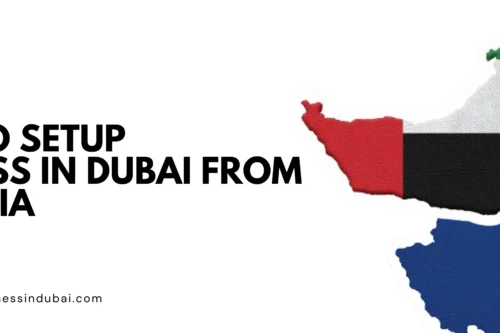It is no secret that there is a strong appetitive amongst businesses, expat residents, and governmental agencies to continuously train and develop for the challenges of tomorrow. The steady growth of training facilities over the last two decades shows that even with a wide variety of such facilities, there is still room for new entrants in the sector.
Understand the Training Sector
The sector can be delineated mainly in two separate groups. There are the training institutes that focus on professional development or specialist skills, and then there are institutes that focus on children and college-aged students.
The professional development training institutes work with businesses. They offer the skill they require to get better performance or learn the latest technology. In this segment, a good relationship with companies, particularly large organizations with big budgets, is critical to the success of your training institute. In recent years, Dubai has become a training hub for businesses from across the GCC as well as South Asia and East Africa. Many cite the relative ease of getting a short-term visa versus the stringent requirements in Europe and North America.
The training institute for students focuses on the children of expats who have a wide range of academic needs. For example, some institutes focus on preparing kids for national exams in their home jurisdiction, others on college preparatory courses, and the rest on particular skills such as languages or mathematics.
Related Article: How to Start a Daycare Business in Dubai?The Licensing Procedure for Training Institute
If you are new to Dubai or don’t have experience dealing with government services, then getting a training institute license is best outsourced to a business formation consultant & PRO services provider in Dubai as it involves several steps. You will interact with the Knowledge and Development Authority (KHDA). They supervise and provide approvals of all training institutes, schools, higher education facilities, and training facilities. Also, you will engage with the Dubai Department of Economic Development (DED) as they issue all business licenses.
Stage 1 – Start the Registration Process at the Dubai Department of Economic Development (DED)
- You will need to register a name for your institute and receive the initial approval for your new establishment.
Stage 2 – Engage with the Knowledge and Development Authority (KHDA)
- Fill out the application form and provide a detailed registration plan;
- Provide a complete course list on offer by your institute;
- Provide a list of all shareholders and the manager of your establishment;
- Submit the attested educational records and academic qualification of your manager;
- Submit a detailed business plan for your institute;
- If your documents are approved, KHDA will issue a “No objection certificate” which will be given to the DED for the next step.
Stage 3 – Submit KHDA documents to the Dubai Department of Economic Development
- Submit the NOC provided by the KHDA;
- Apply for a professional license. Submit documents related to your “Local Service Agent” (LSA).
Stage 4 – Submit DED documents to KHDA
- Submit the professional license issued by DED to the KHDA;
- Present your tenancy contract for your institute;
- After that submit your civil defense certificate.
At any of the stages, both the regulator and the DED retains the right to ask for additional documentation or clarification as it sees fit.
Training Institute in a Dubai Freezone
If you opt for a Dubai Freezone training institute license, the same procedures apply with the critical difference being that you will interact with the free zone instead of the DED. Some jurisdictions will offer to do the coordination with the KHDA for you; however, most will not.
In last, setting up a training institute in Dubai can be a complex undertaking. Also, there are many factors to take into consideration. So seeking advice from the team of seasoned professionals will save you time. And it will allow you to focus on your business.

Do you need help in business setup or looking to start a business in Dubai? Here you will find all the information and business ideas you need for starting your own company in Dubai.








Leave a reply